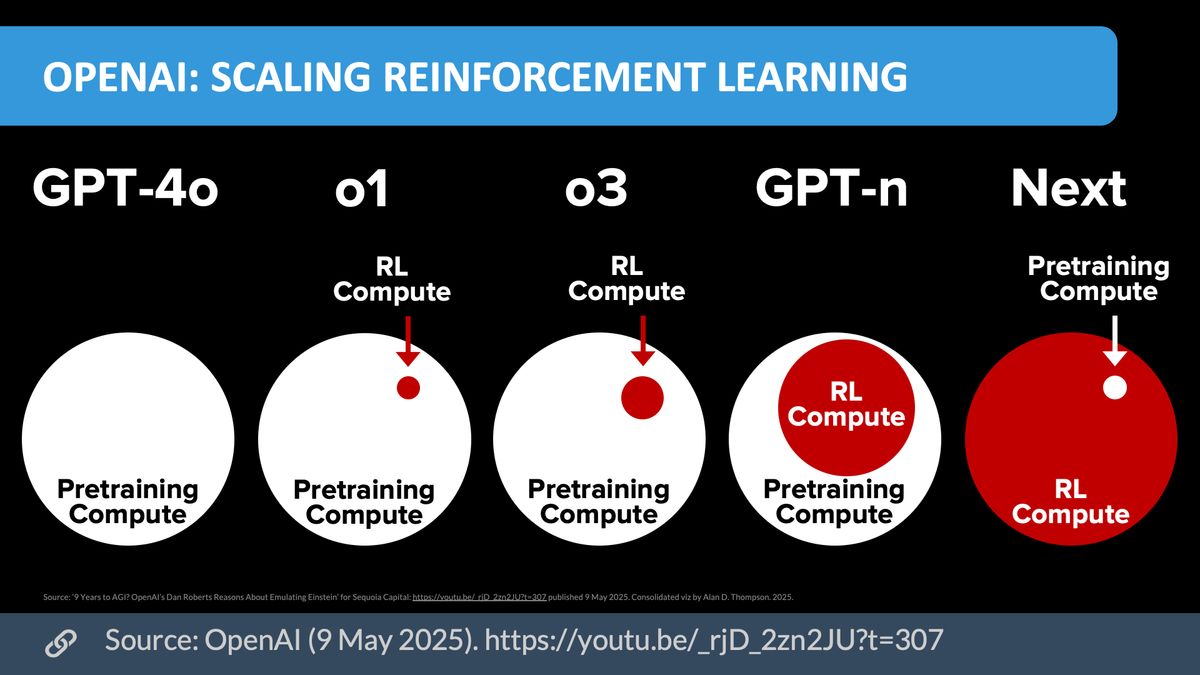OpenAI Confirms GPT-5 Summer Launch, Unveils Unified AI Architecture

OpenAI CEO Sam Altman has officially announced GPT-5's summer 2025 release, marking a strategic shift toward unified AI architecture that consolidates specialized models into a single system. Unlike previous versioned releases, GPT-5 will integrate capabilities like vision processing, long-context reasoning (up to 1M tokens), and tool-use functions previously handled by separate models. Investing.com confirms this represents OpenAI's largest architectural overhaul since GPT-4.
Why This Matters
GPT-5 eliminates the need for model-switching in ChatGPT, dynamically selecting optimal reasoning paths—potentially reducing inference costs by 50% while improving response coherence. As Altman stated on the OpenAI Podcast: "The goal is one model that knows when to think deeply or respond quickly." YouTube sources reveal this consolidation responds to user frustration with ChatGPT's fragmented model selection interface.
Technical Leap
Industry leaks suggest GPT-5 will process video inputs and demonstrate "superhuman reasoning" capabilities. Benchmarks from internal testers show 40% improvements in mathematical accuracy over GPT-4.1 and 3x faster code generation. Crucially, it adopts a hybrid architecture balancing parameter efficiency (estimated 1.8T parameters) with novel tensor-network designs inspired by recent quantum computing research. 9meters reports these innovations may enable real-time agentic workflows.
Competitive Pressure
The launch follows Meta's aggressive hiring of OpenAI researchers and China's DeepSeek R1 release. With GPT-5's delayed open-source model now scheduled for late summer, TechCrunch notes OpenAI faces heightened scrutiny to maintain leadership. Altman acknowledges timing challenges: "We're debating whether to call it GPT-5 or reset versioning entirely."
Social Pulse: How X and Reddit View GPT-5's Upcoming Release
Dominant Opinions
- Optimistic Adoption (62%):
- @AI_Strategist: "Unified architecture solves ChatGPT's biggest UX flaw - no more model roulette!"
- r/MachineLearning post: "Video input capability could finally make AI film editors viable for indies"
- Safety Concerns (28%):
- @EthicsInTech: "0 transparency on training data sources after NYT lawsuit? Red flag for GPT-5"
- r/ControlProblem thread: "Altman's 'gentle singularity' essay downplays recursive self-improvement risks"
- Skeptical Pragmatism (10%):
- @ML_Engineer: "Until latency benchmarks drop below 300ms, agentic promises are vaporware"
Overall Sentiment
Enthusiasm for UX improvements dominates, but trusted figures like Timnit Gebru argue OpenAI's rapid consolidation warrants third-party auditing.